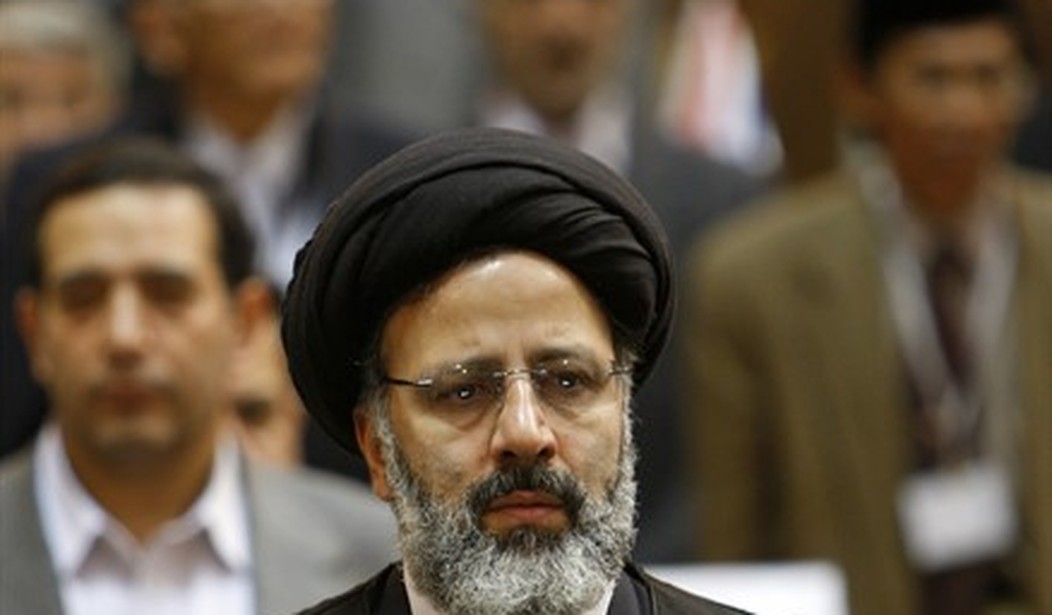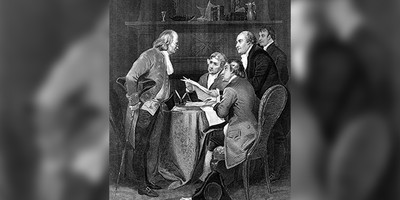As the Iranian regime prepares to confront a myriad of domestic crises, particularly by installing Ebrahim Raisi as its president, it finds itself fighting another losing battle, this time against a determined opposition force seeking its overthrow.
This seminal battle stands to define Iran's future, and with it, the fate of the Middle East now threatened by religious extremism.
Since 2017, the regime has been shell-shocked by at least four major popular uprisings against its shaky extremist rule. In November 2019, Tehran carried out a massacre in the streets, killing at least 1,500 protesters. At the time, authorities, shaken by the protests' organized nature, blamed the main opposition the National Council of Resistance of Iran for leading the uprising.
Alarmed by the protests, Supreme Leader Ali Khamenei and his praetorian guard the Islamic Revolutionary Guard Corps (IRGC) apparently decided to consolidate power and prepare to crack down on looming uprisings. In June, they installed Ebrahim Raisi as president. Raisi, who is despised in Iran for his involvement in the massacre of over 30,000 political prisoners in 1988 - most of them MEK activists - has in turn, planted ruthless functionaries, corrupt agents, and terrorist masterminds in control of various government organs.
Meanwhile, the opposition has responded by increasing and widening the scope of its already extensive campaign inside Iran to uproot the regime. Thousands of Resistance Units, small teams of activists, continue to conduct acts of defiance to encourage more popular protests and to exhaust the mullahs' suppressive forces. This week, the opposition turned 57 years old. And it celebrated the anniversary of its founding in style. Thousands of its members held an impressive biennial session in Ashraf-3 (Albania), Berlin, Paris, London, and other major cities. The sessions included hours of debate and internal deliberations. The organization exhibited another sign of its stability and increasing prowess by holding significant internal elections. This resulted in the re-election of Zahra Merrikhi as the Secretary General of the organization for another two-year term.
Recommended
Unique and unprecedented for a Middle Eastern political entity, the Iranian oppositional group is mostly run by women. The Central Council is comprised of 1,000 women, a third of whom are former political prisoners who endured unspeakable torture by the mullahs and the IRGC. Many are young rising stars.
According to the organization's bylaws, the Central Council is the highest decision-making body. On September 3, it re-elected the 62-year-old Ms. Merrikhi, a decision which was then ratified by other members. The development, which should garner attention from the media and Iran observers, is the rise of a new generation of activists inside the organization. Many of them are third generation, Western-educated cadres eager to transform Iran into a modern country capable of rejoining the international community as a constructive and contributing partner. A bevy of determined and highly capable cadre of women in their 30s and 40s are preparing to take the reins. Three of them were introduced by Ms. Merrikhi as co-Secretaries General while six others were brought in as new deputies, an important development that all but guarantees the MEK's status as a significant player in the coming years.
To many Iranians, fed up with four decades of the medieval, misogynist rule by the mullahs, the crisp televised scenes of women taking charge in the strongest opposition movement to the mullahs must be inspirational. In fact, the organization released dozens of videos from women inside Iran who said they were more inspired and more prepared now to overthrow the regime.
The message of the oppositional group’s seminal congress was clear. Raisi, the 1988 mass murderer, has risen to power in the regime, but his repressive agenda will fail. The Iranian opposition leader Maryam Rajavi, who attended the ceremonies as a guest, said, “The clerical regime engaged in relentless suppression and massacre as well as a continuing campaign of demonization in the past four decades in an attempt to destroy this movement. But it failed, and the MEK, steadfast and committed to its ideals, more prepared and stronger than ever, has organized a nationwide Resistance.”
The oppositional group seems more resolute and optimistic about the theocracy's downfall. The regime's abysmal mismanagement of economic and social affairs has generated a powerful undercurrent of popular resentment. According to regime statistics, one third of the population now lives in absolute poverty. Opposition tallies indicate that nearly half a million people have died of the coronavirus and only 5 percent of the population has been vaccinated. The economy is on the verge of collapse and the corrupt fundamentalist theocracy has no solutions.
In these circumstances, more Iranians are turning their attention to the opposition as the only viable democratic alternative to establish a free, democratic and secular government, with women playing a leading role in the future. That prospect will not only transform Iran's political landscape, but it will certainly bode well for a region threatened by the resurgence of misogynist and fundamentalist forces.

























Join the conversation as a VIP Member